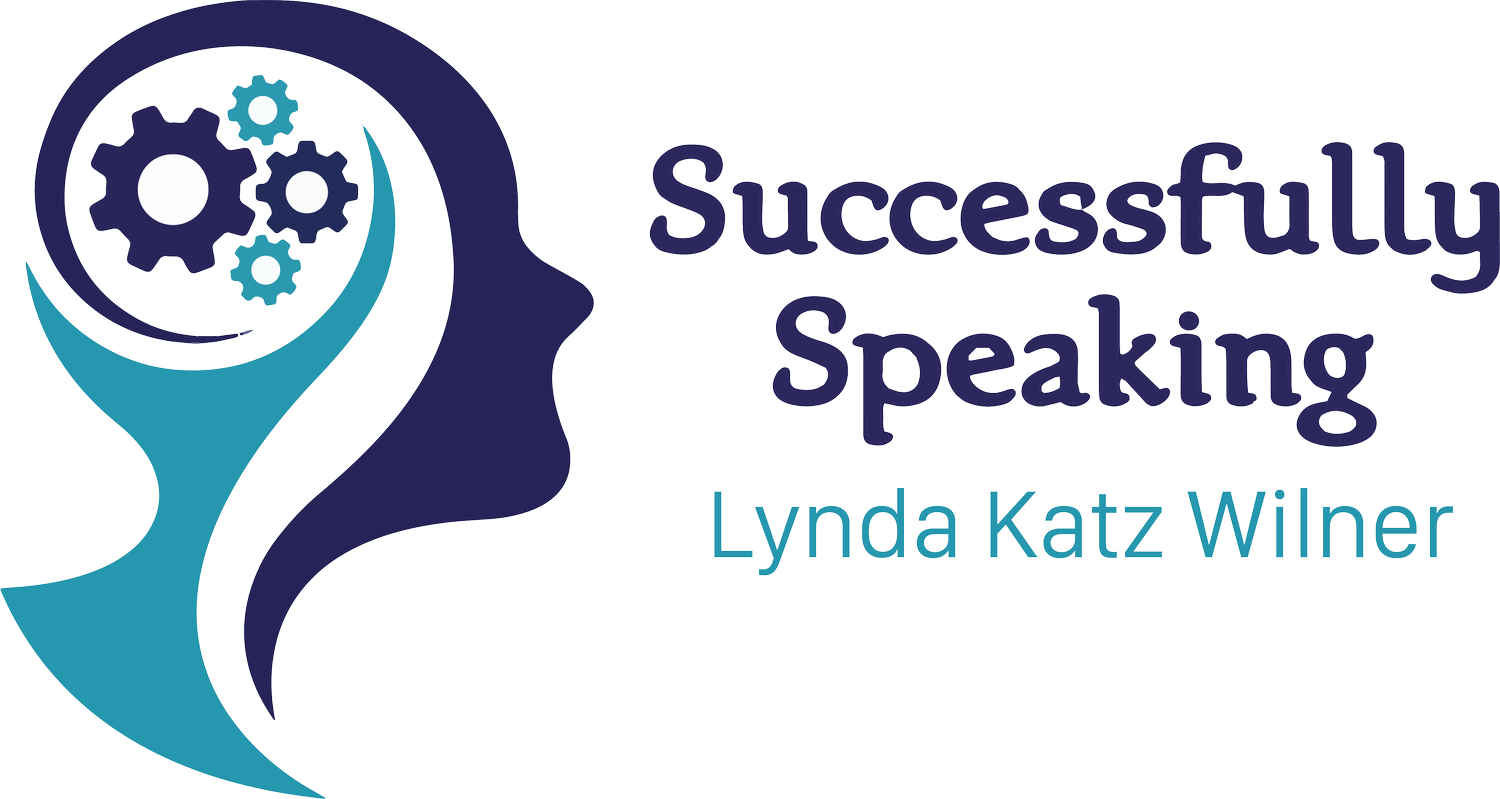Building Trust Through Transparent Communication
Over the past year, I’ve interviewed twenty experts about How to Speak, Sound, and Look Like a Leader. One of the fundamental skills was trust and transparent communication. How do we accomplish this?
1. Embrace Honesty: Transparency begins with honesty. Encourage open dialogue where team members feel empowered to speak candidly without fear of judgment or reprisal. Decision-making processes should foster a culture of trust and integrity.
2. Share Information Freely: Keep your team informed by sharing relevant information openly and promptly. Whether it's updates on company initiatives, project statuses, or financial performance, transparency empowers individuals to make informed decisions.
3. Admit Mistakes and Learn from Them: Many leaders have reported many mistakes in their successful careers. Taking ownership of them demonstrates humility and authenticity. These setbacks can be framed as opportunities for growth and learning, reinforcing the notion that transparency is valued and encouraged.
4. Listen with Empathy: Effective communication is a two-way street. Practice empathetic listening to understand others' perspectives fully. Create a safe space where team members feel heard and respected, fostering mutual trust and understanding.
5. Seek Feedback and Act on It: Encourage feedback from team members at all levels of the organization. Act on this feedback to demonstrate your commitment to continuous improvement and transparency. Transparency isn't just about sharing information – it's also about listening and responding to the needs and concerns of others.
6. Lead by Example: As a leader, your actions speak louder than words. Lead by example by embodying transparency in your communication and decision-making. Your authenticity and integrity will inspire others to follow suit, creating a culture of trust and transparency from the top down. However, I remember the suggestion by Simon Sinek that leaders should be the last ones to speak. Waiting to voice your opinion will free up your team members to speak up and collaborate.
By prioritizing transparent communication, organizations can cultivate a culture of trust, collaboration, and accountability. Remember, transparency builds trust, and trust is the foundation of strong relationships – both in business and in your personal life.
To learn more about empathetic listening skills and transparent communication, reach out to me at LKWilner@successfully-speaking.com.

